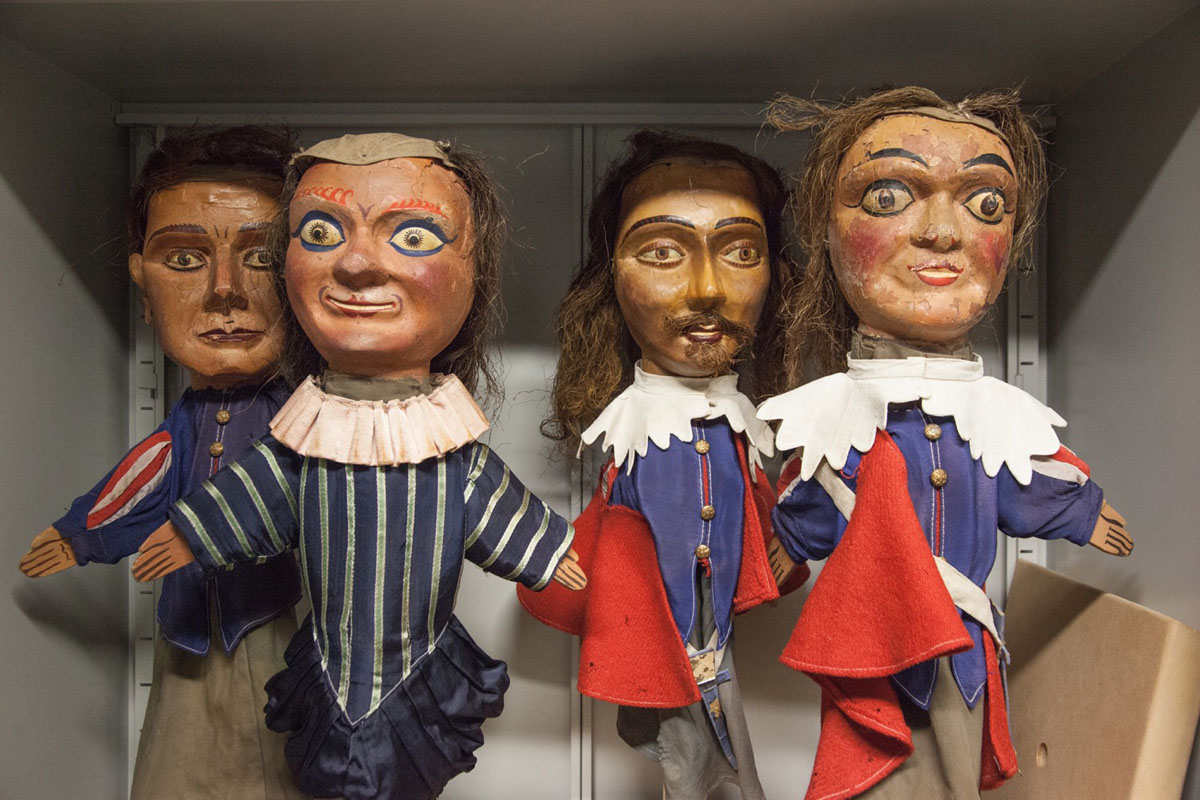REMAI MODERN ANNOUNCES NEW WEB COMMISSION BY AHLAM SHIBLI
Media Release: Tuesday, August 1, 2017
Remai Modern announces new web commission by Ahlam Shibli
Saskatoon, Canada — Remai Modern is very pleased to announce its newest web commission, Staring, Nine episodes from al-Khalil/Hebron (Palestine) and Kassel (Germany), by Ahlam Shibli. The project will be featured on the museum’s website from August 1-31. Remai Modern web commissions are curated by Gregory Burke, Executive Director & CEO, and Sandra Guimarães, Director of Programs & Chief Curator.
Staring is a suite of images that further develops Shibli’s Occupation, photographed in al-Khalil/Hebron, and Heimat, photographed in Kassel and its surroundings. In these places, which are informed by very diverse conditions, Shibli had searched for evidence of the notion of home. What she found were manifestations of an evasive place that was imagined and disappropriated, constructed and denied, remembered, sought, rejected, reclaimed. Home appeared inseparable from contestation and ideological, political, and economic violence. Staring comprises images that were not included in the earlier photo series. Shibli has recombined these images to examine the similarities and differences in situations apparently so far apart.
The photographs were made in 2016 and 2017, with the support of documenta 14 and the A.M. Qattan Foundation.
“Ahlam Shibli’s work is perceptive and profound,” said Burke. “There is a stillness and intimacy to her photographs that invites the viewer to spend time, to see and feel the humanity that is often obscured by polemics, preconceptions or apathy.”
“Ahlam Shibli captures the complexities and intricacies of the situations she photographs,” said Guimarães. “Open to interpretation, her images are meditative documents that resonate with audiences. Through the subtleties of her images, we glimpse the ways people build their own communities and tell their own stories, maintaining connection and independence in the face of loss, conflict and distance.”
About Ahlam Shibli
Through a documentary aesthetic, Ahlam Shibli’s photographs address the contradictory implications of the notion of home. Her work deals with the loss of home and the fight against that loss, but also with restrictions and limitations that the idea of home imposes on individuals and communities subjected to repressive identity politics.
Shibli works in series that look closely at communities and traces of history. Ramallah Archive (2014) pointed to ways of reorganizing collective and individual existence that can be encountered in the files and negatives at the Ramallah Municipality Archive and the contemporary city. Death (2011–12) showed the efforts of Palestinian society to preserve the presence of those who lost their lives fighting against the Israeli colonial occupation. The starting point of Trauma (2008–09) was the monuments that commemorate members of the French resistance against the Nazis together with French fighters in the colonial wars against peoples who demanded their own independence. Dom Dziecka. The house starves when you are away (2008) showed how children in Polish orphanages reconfigure their bodies to create particular communities of their own. In Eastern LGBT (2004 and 2006) the bodies of lesbian, gay, bisexual, and transgender people from Asian societies appear as a contested primary home.
About Remai Modern web commissions
In association with its pre-launch programs, Remai Modern has been inviting artists to realize original projects exclusively for online viewing. Through these commissions, the museum considers its website as an extension of its physical space and onsite program. Mobile and experimental, this online gallery allows for direct, personal encounters with art while connecting artists and audiences across the globe.
The web commissions are curated by Gregory Burke, Executive Director & CEO, and Sandra Guimarães, Director of Programs & Chief Curator at Remai Modern.
Previous commissions by Ryan Gander, Tammi Campbell, Tanya Lukin Linklater, Thomas Hirschhorn, Taysir Batniji, Pedro Barateiro, Kara Uzelman, Rosa Barba, Amanda Beech, Ellen Moffat, Duane Linklater, Lynne Marsh, and Raqs Media Collective remain accessible in the online archive.
About Remai Modern
Remai Modern is a new museum of modern and contemporary art opening October 21, 2017 in Saskatoon, a lively city in Western Canada. Remai Modern aims to be a vibrant, imaginative and prescient museum committed to affirming the powerful role that art and artists play in questioning, interpreting and defining the modern era. The building, by eminent Canadian architects KPMB, overlooks the South Saskatchewan River in downtown Saskatoon. Remai Modern is home to the world’s foremost collection of Picasso linocut prints, and aspires to be a leading centre for contemporary Indigenous art programming.
The inaugural exhibition, Field Guide, curated by Gregory Burke, Executive Director & CEO, and Sandra Guimarães, Director of Programs & Chief Curator, will animate the entire building. Selected works from the museum’s collection will be displayed in dialogue with contemporary projects, commissions and installations by international and Canadian artists. The projects include the debut of the Picasso collection, curated by Ryan Gander; a critical workshop by Thomas Hirschhorn; and a collaboration between Tanya Lukin Linklater and Duane Linklater. The concept for this expansive exhibition examines investigations central to Remai Modern. Among them: What is modern? Can art confront reality? What is urgent and why? How will Indigeneity shape the future?
Remai Modern is made possible thanks to contributions from the Government of Canada, the Province of Saskatchewan, the City of Saskatoon, and many private and corporate donors. We are also grateful for program support from SaskCulture, the Saskatchewan Arts Board, SaskTel, Canadian Heritage, and the Canada Council for the Arts.
